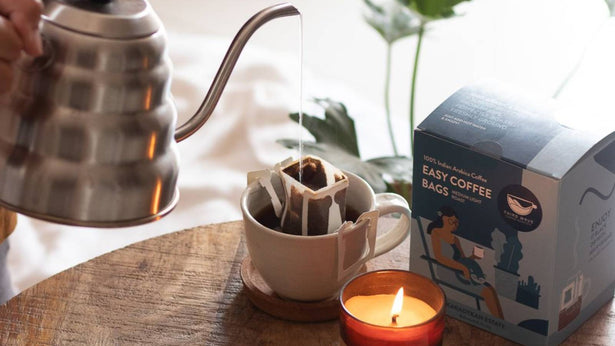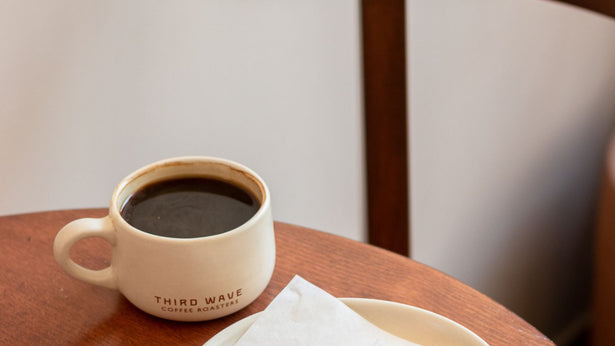Are you feeling sleepy in line at the coffee shop even after drinking a joe a few hours ago? Should you take an espresso, a black coffee or a simple brewed coffee? What about the roast: light or dark? Over the recent years, we have encountered something like a caffeine arms race as coffee blenders and roasters have been creating newer and more brews with astonishing levels of caffeine.
The most robust coffee around the globe is the high caffeine coffee. And unlike what you might think, high caffeine coffee does not have to be dark and bitter. In fact, a light roast coffee may taste smooth and yet contain a lot of caffeine instead.
So if you are a caffeine addict who does not mind having high amounts of caffeine daily, you may want a high caffeine coffee. But, regardless of your caffeine preference, if you are a coffee lover, surely you would enjoy this journey about high caffeine coffee and its derivates.
What Is High Caffeine Coffee?
High caffeine coffee, like the name suggests obviously requires coffee beans that are high in caffeine content. And while there has been a debate on which type of coffee has the highest amount of caffeine, as per studies, there are certain factors that affect coffee’s caffeine content:
Roast Level:
Roasting is one of the most important elements affecting caffeine content in coffee. The roasting process has a significant role in determining the "strength" of a cup of java. Hotter and longer roasting processes tend to break down the components within the coffee or its physical qualities. Since the amount of caffeine in each whole bean decreases with increased roasting time, darker roasts are often lower in caffeine content than coffee beans with a lighter roast.
Grinding size:
The grind size of a coffee bean can have a significant impact too because with finer ground coffee, one is able to yield more caffeine. This case is especially true when talking about expresso.
Types of Beans:
One of the most important factors affecting caffeine levels in a cup of java is the types of beans used. There are mainly two kinds of popular coffee beans, of which, the caffeine level of Robusta beans is greater than that of Arabica beans, though Arabica is more popular of the two.
According to conservative estimations, each Robusta coffee bean has 2.2 mg of caffeine, compared to 1.5 mg for Arabica beans. Also, beans produced at lower elevations are often a little more caffeinated over their counterparts, which means that the place of origin of a coffee beans is important as well. So, if this makes you interested in discovering more about coffee beans, then you would find all that you need with What You Need to Know About Different Types of Coffee Beans?
What Kind of Coffee Beans To Use For Brewing High Caffeine Coffee?
Like we have mentioned previously, strong coffee with a lot of caffeine is made with light roast coffee beans since dark roast coffee has less caffeine than that of a light roasted one. And that is why we would suggest you switch to light roast coffee beans for all your caffeine needs if high caffeine coffee is the way to go for you. And if your are interested to research a little more in that avenue so as to make a well-informed choice for yourself, then look no further than our Guide To Buying The Best Coffee Beans.
Now that you are familiar with the various ins and outs of high caffeinated coffee, we hope that our guide proves helpful enough for you to make your choice. However, if you are a coffee lover and are on the lookout for something different too, then perhaps you enjoy tasting the Vienna Coffee Bean from one of the best coffee brands in India.
It is a perfect blend for those who love the caffeine because it gives you the taste of bittersweet chocolate, burnt caramel and toasted walnut. A combination worth every sip of the brew. And if you end up liking what we offer, then don’t shy away from further exploring the delightful maze that is the range of blends that Third Wave Coffee Roasters have on offer!

